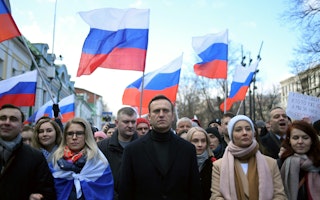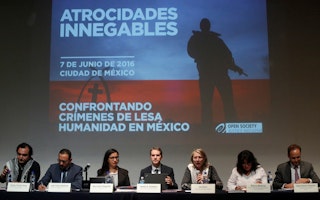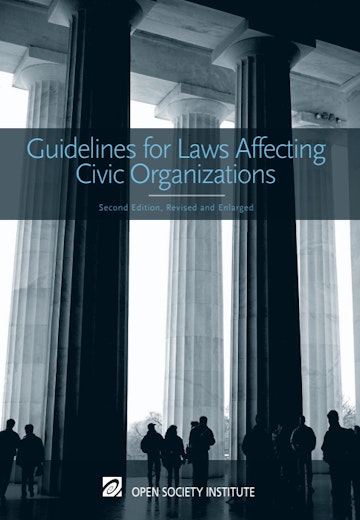This book, revised and enlarged since the first edition in 1997, provides guidance for creating or amending domestic laws that protect and regulate civic organizations. It establishes the framework for such laws in internationally recognized rights to freedom of expression, association, and peaceful assembly. It is intended as a resource for the expanding global civic sector, which includes everything from advocacy groups for the environment to associations of opera aficionados, from women's rights groups to gardening clubs.
Guidelines for Laws Affecting Civic Organizations includes chapters examining the following issues:
- the relationship of civic organization laws to other laws;
- the legal existence of civic organizations;
- prohibition on direct or indirect private benefit;
- fundraising;
- reporting, supervision, and enforcement;
- tax preferences;
- foreign civic organizations and foreign sources of funds; and
- methods of voluntary regulation.
Guidelines for Laws Affecting Civic Organizations was prepared by the Open Society Institute in cooperation with the International Center for Non-Profit Law (ICNL). In addition to being available from OSI and ICNL, the book is distributed by Central European University Press.
Read more
Navalny’s Legacy
Night Country: The Mysterious Death of Alexei Navalny in Putin’s Russia

Alexei Navalny’s death underscores the paradox of Russian power—that the voice of one man imprisoned and isolated in the Arctic should be such a threat.
Justice and Rights
Using the Law to Advance Open Society: A Timeline

It’s been 20 years since the Justice Initiative was launched to help advance open society values through human rights litigation, advocacy, and legal empowerment. This is a timeline of the Initiative’s biggest milestones.
Investigative Journalism
This Reporter Helped Free 1,600 Yemeni Prisoners

Yemen is one of the most dangerous countries on earth for journalists. Yet against all odds, Wael Sharha conducted an investigation into unlawful detainments. The story of how his work resulted in 1,600 inmates being freed.
